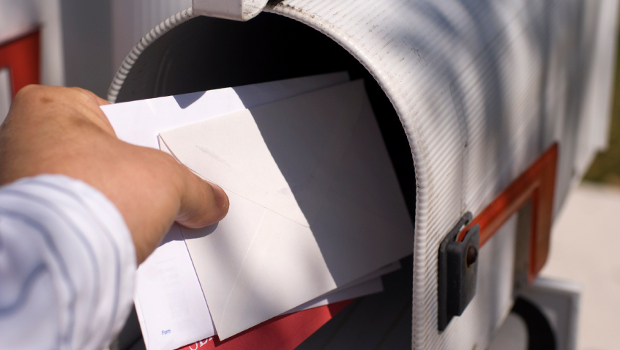Group Health leads Washington in colon cancer screening by reaching more patients with mailed kits

Dr. Beverly Green describes how mailing kits to hard-to-reach patients boosted results in a long-term randomized controlled trial.
by Beverly Green, MD, MPH, a family physician at Group Health and an associate investigator at GHRI
Group Health already has a great record for reaching people to get screened regularly for colorectal cancer, the second-largest cause of death from cancer. In fact, our rate of 72 percent already exceeds Washington state’s at 59 percent. So why are we continuing our research to find ways to boost that rate even further? Because it’s part of the evidence-based, prevention-focused care that we pride ourselves on.
We know that colon cancer screening has life-saving importance, because screening has been proven to reduce deaths from colon cancer. But it works only if people age 50 to 75 are screened regularly. And we want to do everything we can to make that happen.
Why aren’t more people screened?
In a “shared decision-making” process, Group Health care providers discuss with patients the importance of colon cancer screening—and the pros and cons of each option. Both choices have their drawbacks. For one screening option—colonoscopy once a decade—there’s the preparation and inconvenience of cleansing your bowel before the rather invasive procedure. And for another option—a yearly test for blood in the stool—you’ve got to collect the specimen yourself and mail it to a lab. But more people should know that the new stool kits are much neater, tidier, and easier to use. Plus you only need to gather one specimen instead of three as you did with previous versions.
Our research had already shown the effectiveness—and cost-effectiveness—of bolstering this shared decision-making approach with extra outreach through mailed stool kits in the Systems of Support to Increase Colon Cancer Screening and Follow-up (SOS) randomized controlled trial. Over its first two years, this decade-long trial, which I lead, doubled the colon cancer screening rates for Group Health patients who’d previously been overdue for screening—while significantly lowering health care costs.
How did we do it?
The key is using electronic health records to identify patients who weren't screened regularly for colon cancer, encourage them with automated reminders to be screened, and send them at-home stool kits through the mail.
Now, our research team is reporting that this approach continued to be effective in the third year: in fact, nearly 50 percent more effective than usual care. These results are striking, because usual care at Group Health is intensive and already offers patients so many other chances to get screened. Based in part on our prior findings, usual care at Group Health now includes electronic health record reminders of overdue colorectal cancer screening and providing stool kits at primary care visits and outreach calls.
You can read the news release: Group Health’s lifesaving approach to screening for colon cancer takes another step forward.
Co-researchers
Melissa L. Anderson, MS
Principal Collaborative Biostatistician
Kaiser Permanente Washington Health Research Institute
Jessica Chubak, PhD
Senior Investigator
Kaiser Permanente Washington Health Research Institute
News release

Group Health’s lifesaving approach to screening for colon cancer takes another step forward
Research shows innovative approach serves health care consumers over long term.


